What role does humanitarian action play in population displacements?
Aid to refugee, displaced, deported, exiled and interned populations plays a central role in humanitarian action both now and in the past. What types of aid are provided to internees and displaced persons? What kinds of obstacles and dilemmas do these organisations face? What sorts of practical, political and ethical questions are raised by the participation of aid groups in population displacement and internment policies?
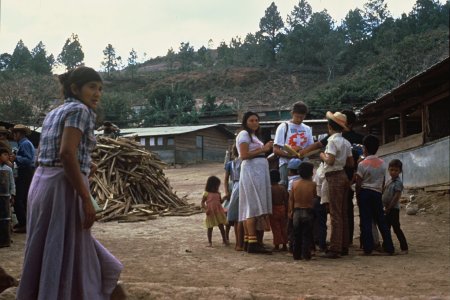 MSF
Speaking Out Case Studies
MSF
Speaking Out Case Studies
Salvadoran Refugees Camps in Honduras 1988
12/17/2013The « Salvadoran Refugee Camps in Honduras 1988 » case study describes the dilemmas regarding a stance that ... was not supposed to be public.
 MSF
Speaking Out Case Studies
MSF
Speaking Out Case Studies
Salvadoran Refugees Camps in Honduras 1988
12/17/2013The « Salvadoran Refugee Camps in Honduras 1988 » case study describes the dilemmas regarding a stance that ... was not supposed to be public.
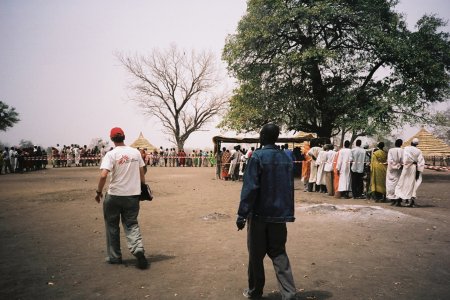 William Martin
Opinion
William Martin
Opinion
Darfur: the International Criminal Court is wrong
09/10/2010Rony Brauman criticises the International Criminal Court's indictment of the Sudanese president for genocide. If the prosecutor's argument is followed, humanitarian organisations working in the displaced people's camps should be charged with complicity in genocide.
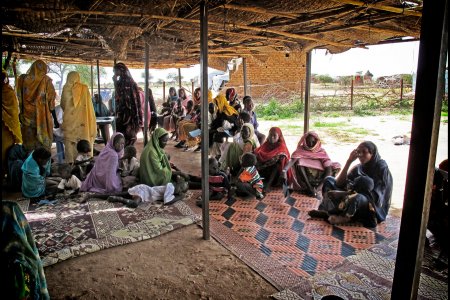 Inconnu
Analysis
Inconnu
Analysis
Humanitarian dilemmas in Darfur
07/01/2008With 13,000 humanitarian workers and a hundred relief agencies, Darfur hosts the largest humanitarian operation in the world. The aid apparatus started its full deployment in mid-2004 in a context of acutely high mortality among internally displaced persons (IDPs) gathered in camps and civilians remaining in rural areas.
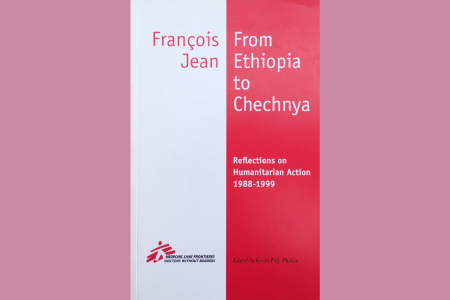 MSF-Crash
Book
MSF-Crash
Book
From Ethiopia to Chechnya
04/01/2004For nearly two decades, François Jean practiced humanitarian action based on a deep, pragmatic desire to understand, constant self-questioning, and broad intellectual curiosity. It will be clear to anyone reading his collected works, From Ethiopia to Chechnya: Reflections on Humanitarian Action, 1988-1999, that his writings resonate with dilemmas we face today.
 Dominic Nahr
Opinion
Dominic Nahr
Opinion
Military involvement in Refugee crisis, a positive evolution?
05/01/2001Military involvement in refugee relief operations has undergone a remarkable evolution over the last decade, from providing logistical support to aid organisations in Kurdistan in 1991 to leading relief efforts for Kosovar refugees in 1999.
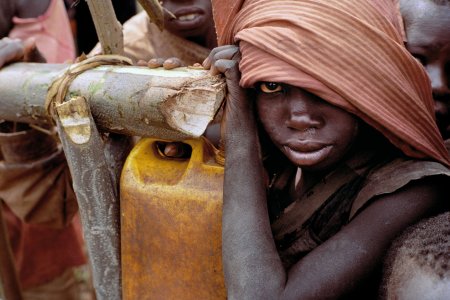 Ian Berry
Analysis
Ian Berry
Analysis
Terror and Impunity in Rwanda
08/01/2000Not having seen the genocidal drift of Hutu Power in 1994 coming, the international community grants Paul Kagame's RPF the impunity of victims. Yet such power also lends itself to criminal acts. The authors express their indignance that NGOs and international organisations - invoking the duty of remembrance - join in the endless evocation of the past that masks the political phenomena at the root of the current violence.
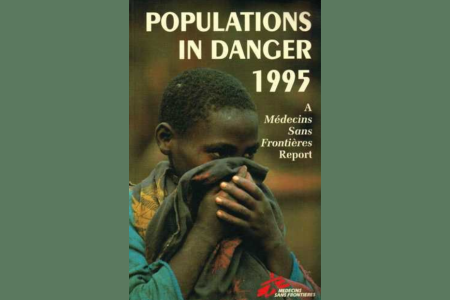 Book
Book
Populations in danger 1995
11/01/1995« Never again »: in the wake of the second World War, the terror caused by the Holocaust led the community of states to condemn genocide as a crime and to create a new international organization, the United Nations. And yet, half a century later, the international community did nothing to prevent the first undeniable genocide since that of the Jews: it let the massacre of the Rwandan Tutsis and merely sent humanitarian aid, even though it was nearly over.
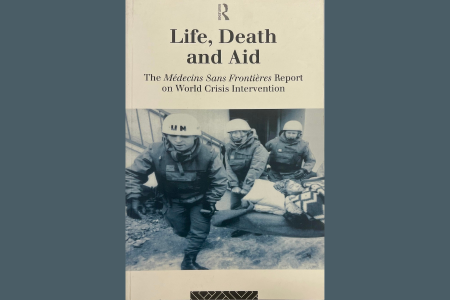 Book
Book
Life, Death and Aid
11/01/1993With the end of the Cold War came the hope of a "New World Order". yet the tragedies of war and famine continue to dominate our headlines. Humanitarian law is still violated every day. Emergency aid from the United Nations and donor governments remains inadequate and military interventions often fail to restore durable peace.
